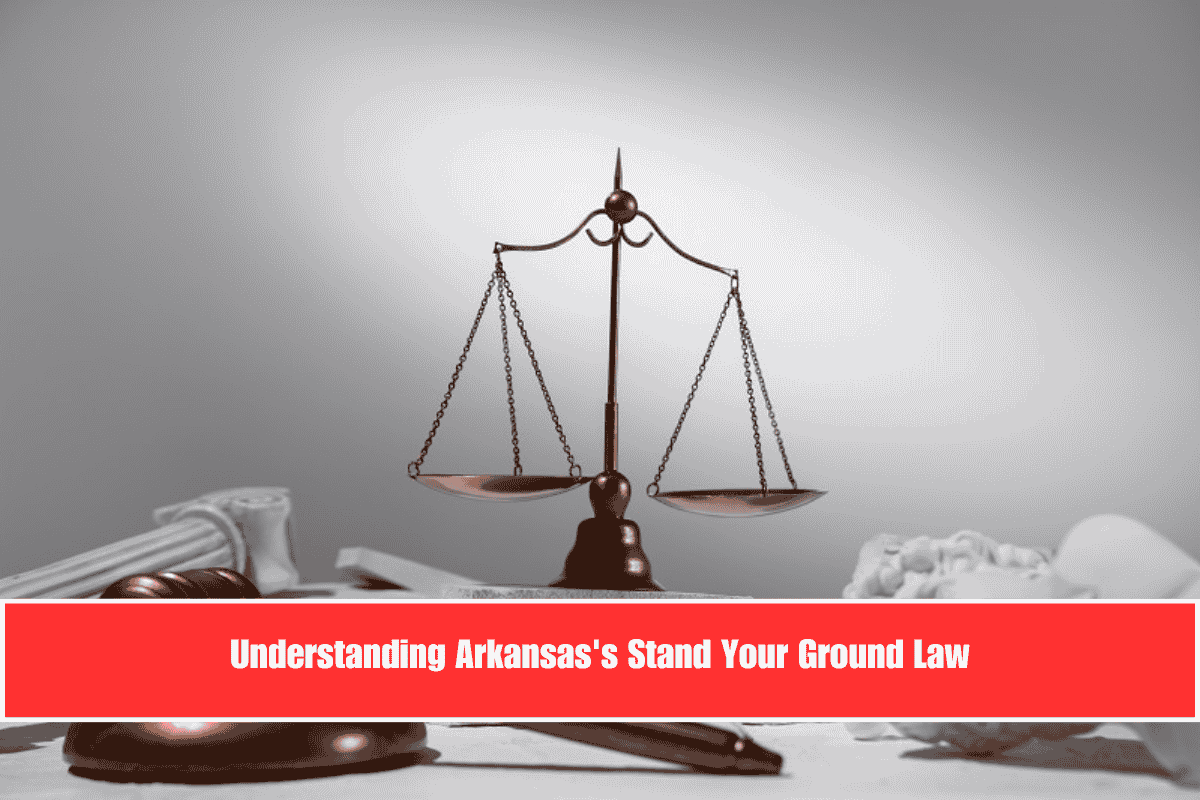Arkansas’s Stand Your Ground law, enacted in 2021, fundamentally changed the state’s approach to self-defense by removing the previous “duty to retreat” before using deadly force in situations of imminent threat. This means that individuals are no longer legally required to attempt to escape or withdraw from a confrontation before resorting to deadly force, provided certain conditions are met.
Key Provisions
- No Duty to Retreat: Individuals lawfully present in any location are not obligated to retreat before using deadly force if they reasonably believe it is necessary to prevent imminent death, serious bodily harm, or a forcible felony.
- Where the Law Applies: The law applies anywhere a person is lawfully present, not just in their home or property.
- Reasonable Belief: The person using deadly force must have a reasonable belief that they or another person are in imminent danger of death or serious physical injury.
- Not the Aggressor: The individual claiming self-defense must not be the initial aggressor or have provoked the confrontation.
- Not Engaged in Criminal Activity: The law does not protect individuals who are engaged in criminal activity that gives rise to the situation or who are using a firearm illegally.
- Proportionality: The force used must be proportionate to the threat faced. Deadly force is justified only in response to an immediate and unavoidable threat of serious harm or death.
Legal Statute
According to Arkansas Code § 5-2-607:
A person is justified in using deadly physical force upon another person if the person reasonably believes that the other person is:
- Committing or about to commit a felony involving physical force or violence;
- Using or about to use unlawful deadly physical force; or
- Imminently endangering the person’s life or about to victimize the person from the continuation of a pattern of domestic abuse.
Limitations and Considerations
- Verbal Threats Alone Are Not Enough: Deadly force cannot be used in response to verbal threats alone; the threat must be physical and immediate.
- Cannot Pursue the Attacker: Once the threat has subsided, using further force is not justified.
- No Formal Castle Doctrine: While Arkansas does not have a separate “Castle Doctrine” statute, the same self-defense principles apply in one’s home, vehicle, or public spaces, provided the response is reasonable and the individual is not required to retreat.
Criticisms and Debate
The law has been controversial, with critics arguing it may increase violence and disproportionately affect minority communities. Supporters claim it protects individuals who must make split-second decisions in dangerous situations.
Arkansas’s Stand Your Ground law allows individuals to use deadly force in self-defense without a duty to retreat, as long as they are lawfully present, not the aggressor, not engaged in criminal activity, and have a reasonable belief of imminent danger. The response must be proportional to the threat, and all claims of self-defense are subject to legal scrutiny.
Sources
[1] https://giffords.org/lawcenter/state-laws/stand-your-ground-in-arkansas/
[2] https://www.lemley-law.com/blog/arkansas-gun-laws/
[3] https://encyclopediaofarkansas.net/entries/act-250-of-2021-15639/
[4] https://www.hickeyandhull.com/our-blog/self-defense-laws-101-how-to-legally-protect-yourself-in-arkansas
[5] https://bobbydigbylaw.com/self-defense-laws-in-arkansas-exploring-the-boundaries-beyond-stand-your-ground/

















Leave a Reply